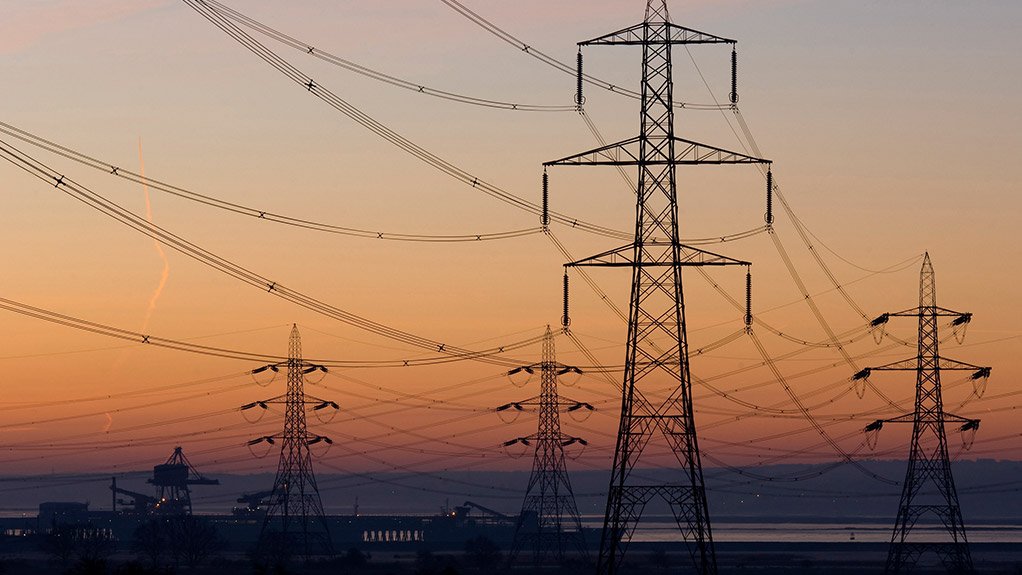City Power claims it will have a slightly lower tariff for Johannesburg residents after procuring electricity from four independent power producers (IPPs).
The entity said two of the four IPPs still had to register with the National Energy Regulator of South Africa (Nersa).
The four IPPs will supply power from various sources, including waste to energy, gas to power, and photovoltaic (PV) solar generation.
The CEO of City Power, Tshifularo Mashava, said it would feed into the grid in two to three months.
"This is a short-term power purchase for about three years. These IPPs will give us a total of 92MW. The entity has made tremendous inroads to cushion Johannesburg residents from the gruelling effects of the ongoing loadshedding. This is a step in the right direction, as we have always bought power from Eskom," she said.
She said the short-term power purchase agreement (STPPP) was a significant step forward for City Power in its efforts to reduce reliance on Eskom.
"The power from the IPPs will be cheaper than City Power currently procures from Eskom, and two IPPs are ready to connect to the grid. The STPPP programme targets installations with excess capacity for capacity 1 MW and above to improve the City of Joburg's energy security. Currently, the 20-year IPP programme will be tabled at the mayoral committee and approval within the next two months," Mashava said.
Professor Miriam Altman, of the University of Johannesburg's College of Business and Economics, said this was a sign of movement and, even though it was not an enormous procurement, what was important was that the City was moving on it.
"Cape Town was doing that, and Joburg is doing it, and the City will be doing several things over the years to get moving, so that it is more empowered to manage its energy requirements. So this would be the first in that direction," she said.
Happy Khambule, the head of environment and energy policy at Business Unity South Africa, said the initiative was welcomed by businesses because it increased diversification of power in the electricity mix.
"This is something that we broadly welcome. Localised energy production will increase energy security, making it easier for economic activity to continue and safeguard some key components emerging due to loadshedding. The impact of loadshedding has been quite severe," he said.
The MMC for environment and infrastructure services, Jack Sekwaila, said 16 bids were received and four IPPS were successful.
He said City Power was implementing several other initiatives to reduce the impact of loadshedding.
It includes:
- The installation of the rooftop PV systems at its head office to pilot the rollout to at least 700 other sites across the City, including the Joburg market;
- A panel of service providers has been procured to assist City Power in the rollout of alternative energy sources;
- The solar high mast public lighting is illuminating streets across the City; and
- City Power is working on implementing its Nersa-approved feed-in tariff, where customers with PV solar systems can give feedback or import their excess power to the grid.
Sekwaila said City Power had started the installation of rooftop water heating systems or geysers.
"City Power has commenced with the rollout of 20 000 solar geysers across the City, including Eskom-supplied areas," he said.
The Democratic Alliance's Nicole van Dyk, said it was a good move and was the brainchild of the party's government in 2022.
"We have long been pushing for IPPs in the City to alleviate loadshedding. Currently, the City faces an alarming rate of loadshedding, with a recent report revealing that, out of 365 days in the 2022/23 fiscal year, 317 days were marred by loadshedding.
"The dire situation has led to a staggering 986 GWh of unserved energy, amounting to an estimated revenue loss of R2.5-billion for the full financial year," she said.
EMAIL THIS ARTICLE SAVE THIS ARTICLE
To subscribe email subscriptions@creamermedia.co.za or click here
To advertise email advertising@creamermedia.co.za or click here











